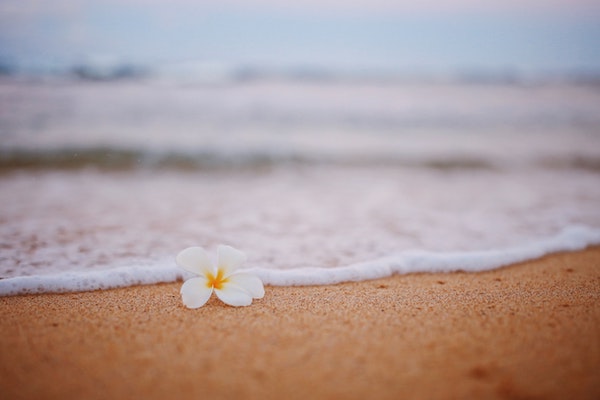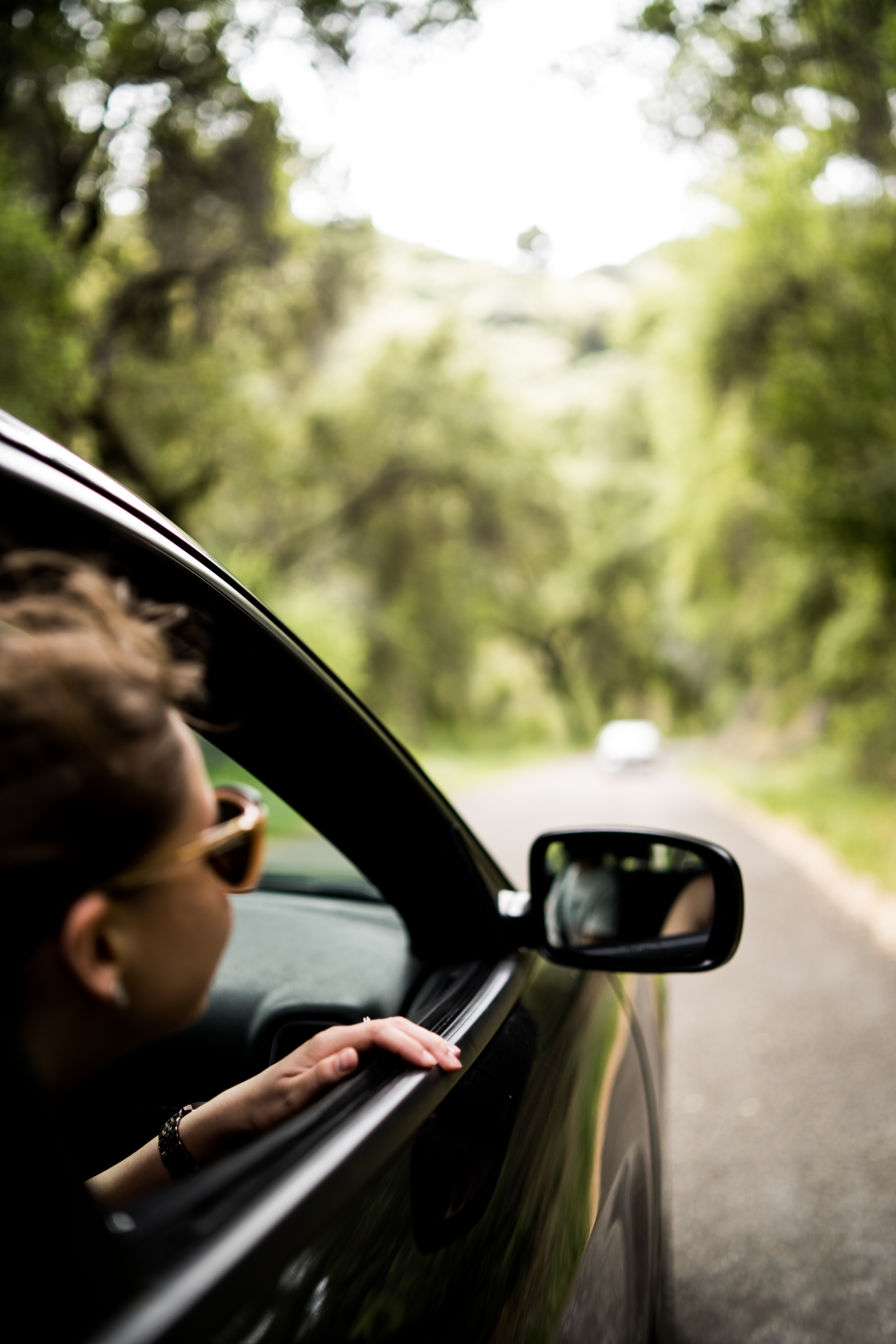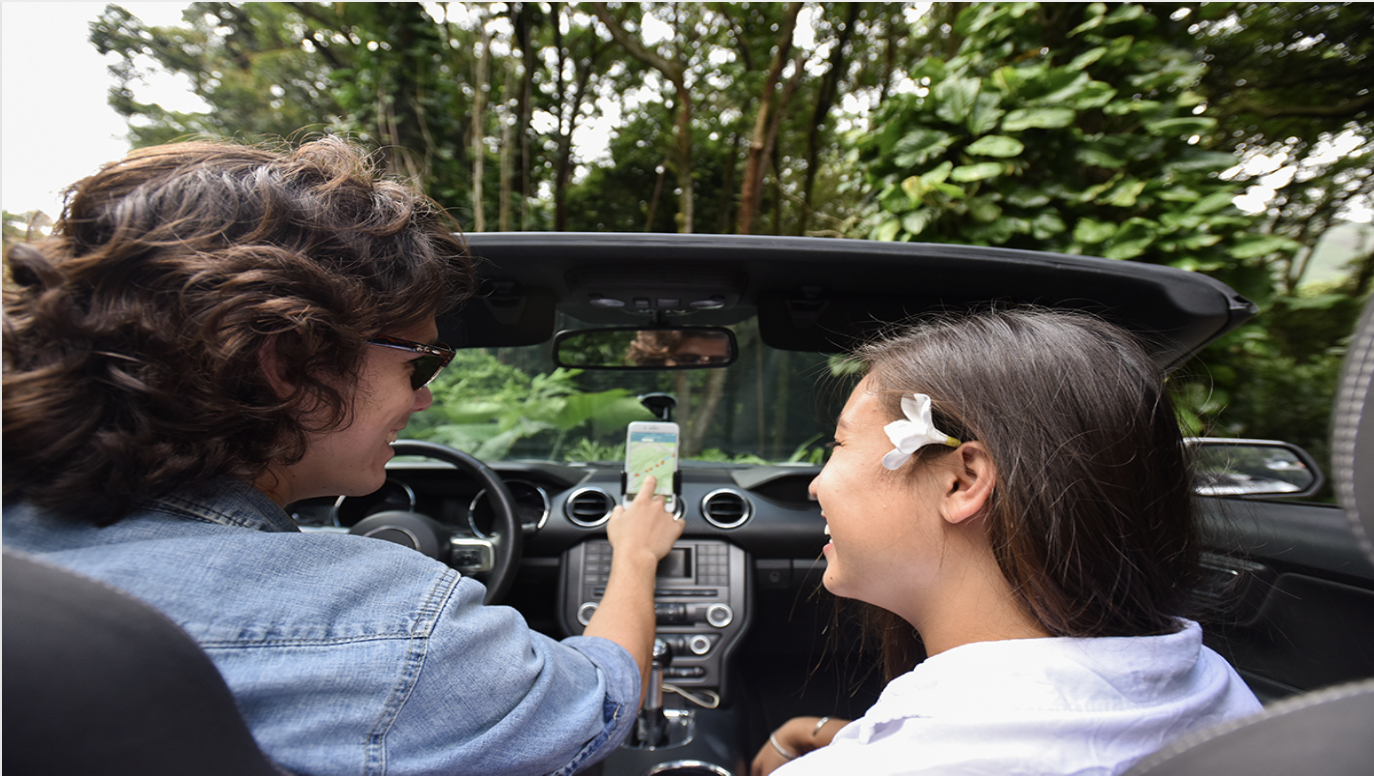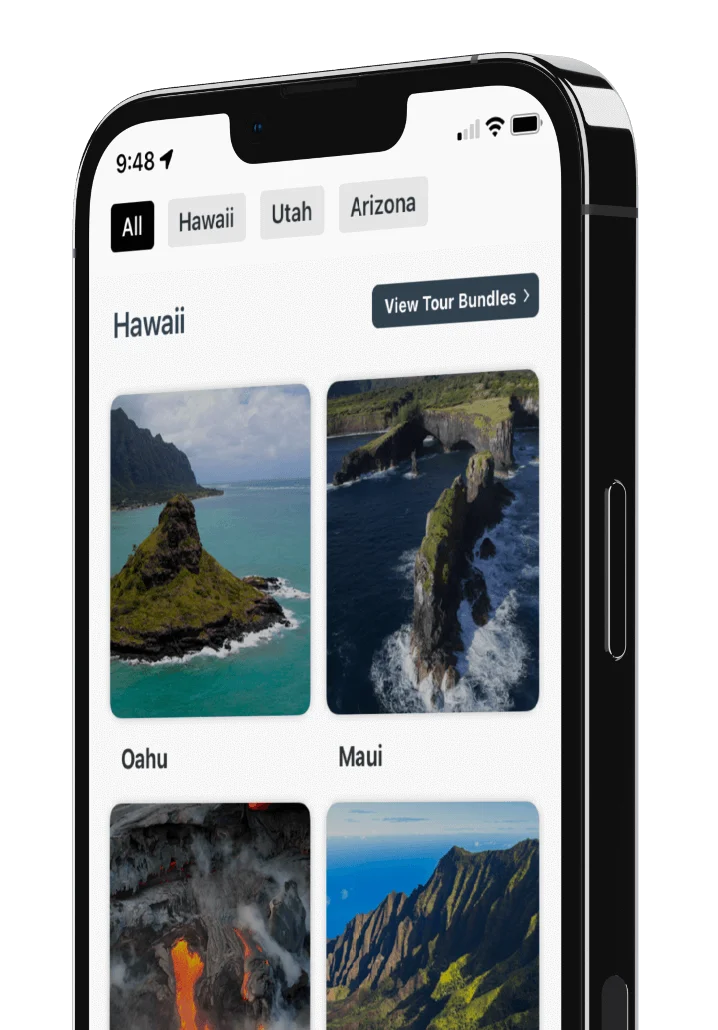
12 Ways to Be a Respectful Traveler in Hawaii

So you want to visit Hawaii? You’ve done loads of research to plan your perfect vacation and you’re ready to take in all the beauty and wonder that the islands have to offer. But, before you board the plane we need to let you know that right now Hawaii has a problem, and we’re not going to sugarcoat it - it’s an influx of uniformed, disrespectful travelers.
Now, we’re sure you’d never want to do anything to deliberately be disrespectful on your vacation. But, the more informed you are, the more conscientious you can be.
Remember, you’re visiting a state that’s home to over a million people and a variety of one-of-a-kind plants and animal species. Not only that, Hawaii has a distinct history and culture that is very important to locals. By taking the time to act respectfully, you’re embracing the aloha spirit and helping to make the islands an even better place.
Here are 12 ways to be a respectful traveler to Hawaii.
1. Relax - You’re on Vacation
You may be used to hustle and bustle, but in Hawaii, rushing is considered pushy and rude. Not so say that people don't have places to be - of course they do - but, while you’re here embrace the laid-back attitude and don't get aggressive if you're driving or sighseeing.
2. Don’t Act Entitled
One of the most annoying things that you can do while you’re on vacation is act entitled. Remember, Hawaii is not a theme park, the land, animals, and people living there are real. You’re not entitled to do a hike because you saw it on Instagram, you can’t visit no trespassing stops because you want a cool selfie, and the people who live here do not work for you. This is their home and you’re a guest.
3. Protect Natural Resources
Hawaii is extremely isolated and its resources are limited. This goes for everything from native plants and animals, to water, and even public safety like the police and ambulances. If you need to be rescued from a hike because you’re not equipped to handle it, that’s an ambulance that is unavailable for someone in need. You can protect resources by doing research (see #4 below), packing sustainably (see #6 below), picking up your trash, volunteering and donating.
4. Do Your Research
Now that you understand just how limited Hawaii’s resources are, it’s important that you do your research before you visit. Make sure you are only visiting spots that you’re physically able to -- don’t attempt to swim or hike at spots that are too advanced and only swim at beaches with lifeguards on duty.
5. Never Trespass
Just because you saw a spot on Instagram doesn’t mean you should visit. Countless people visit private property or no trespassing spots to do a rigorous hike or take a cool selfie. This is extremely rude. When you’re visiting, if you see no trespassing signs please - do not go there. These signs are there for a reason and that might even include your safety.
6. Pack Sustainably
Remember how we mentioned that Hawaii’s resources are limited? Well, you can help protect these resources by packing sustainably. When you visit be sure to bring a reusable water bottle, straws, snack bags, and tote bags. Why does this help? You’re making sure that plastic doesn’t end up in our oceans and disrupt the state’s fragile ecosystems. Oh, and don’t forget to pack reef safe sunscreen! This protects against coral bleaching which has a major impact on our oceans and marine life.
7. Don’t Litter
This should go without saying, but unfortunately we have to mention it. When you visit, please don’t litter. Pick up and properly dispose of any trash that you have. You can even go above and beyond by picking up any trash you see lying around. Always try to leave a spot better than you found it.
8. Appreciate the Culture
From the islands’ folklore to its royal past, Hawaii has a vibrant and unique culture. When you visit, take time to learn about the state’s history including its colonization and the overthrow of the Hawaiian monarchy. Not only should you take the time to learn, you should always respect cultural sites as they have a deep significance to Hawaiian people. These include statues (don’t climb them), heaius (or ancient temples), fishponds, and petroglyphs -- just to name a few.
9. Never Touch Wild Animals
Hawaii has a variety of wildlife that is vulnerable due to the human impact on their environment. Please never, ever, touch these animals. It is considered extremely disrespectful and it is also very dangerous. While you should avoid touching any animals you come across, we’d like to specifically highlight monk seals (an endangered species) and green sea turtles, also known as honu. These animals rest on local beaches and touching them can result in a large fine and even jail time -- be sure to keep a safe distance. Learn more here.
10. Keep Your Distance
Not only should you keep your distance from marine animals, you should also remain a respectful distance from others when you visit local beaches -- especially now during the pandemic. If the beach is crowded, try to look for a spot that is not, or politely ask your neighbor if you can sit there.
11. Pay Attention to Signs
We mentioned no trespassing signs, but there are other signs you should look out for as well. For example, if you’re visiting a beach and there’s a high-surf advisory, stay out of the water. If you’re at a store and there’s a request that you wear a mask, please do so. These simple things go a long way to help make Hawaii safer for both yourself and locals.
12. Obey Local Laws
Just because you can do something legally where you live, doesn’t mean it’s acceptable in Hawaii. For example, smoking - including e-cigarettes - is illegal at Hawaii’s beaches and parks. Also, before you visit, make sure you’re familiar with any local covid restrictions and laws. Always do the research if you’re not sure!
We appreciate you taking the time to read this article and educate yourself on ways that you can be a more mindful visitor. When you come to Hawaii, we hope you fall in love with the islands. You can show your appreciation by being respectful to locals, the land, the oceans and wildlife.
RELATED: 10 Ways to Be a Safe and Responsible Traveler in Hawaii




















